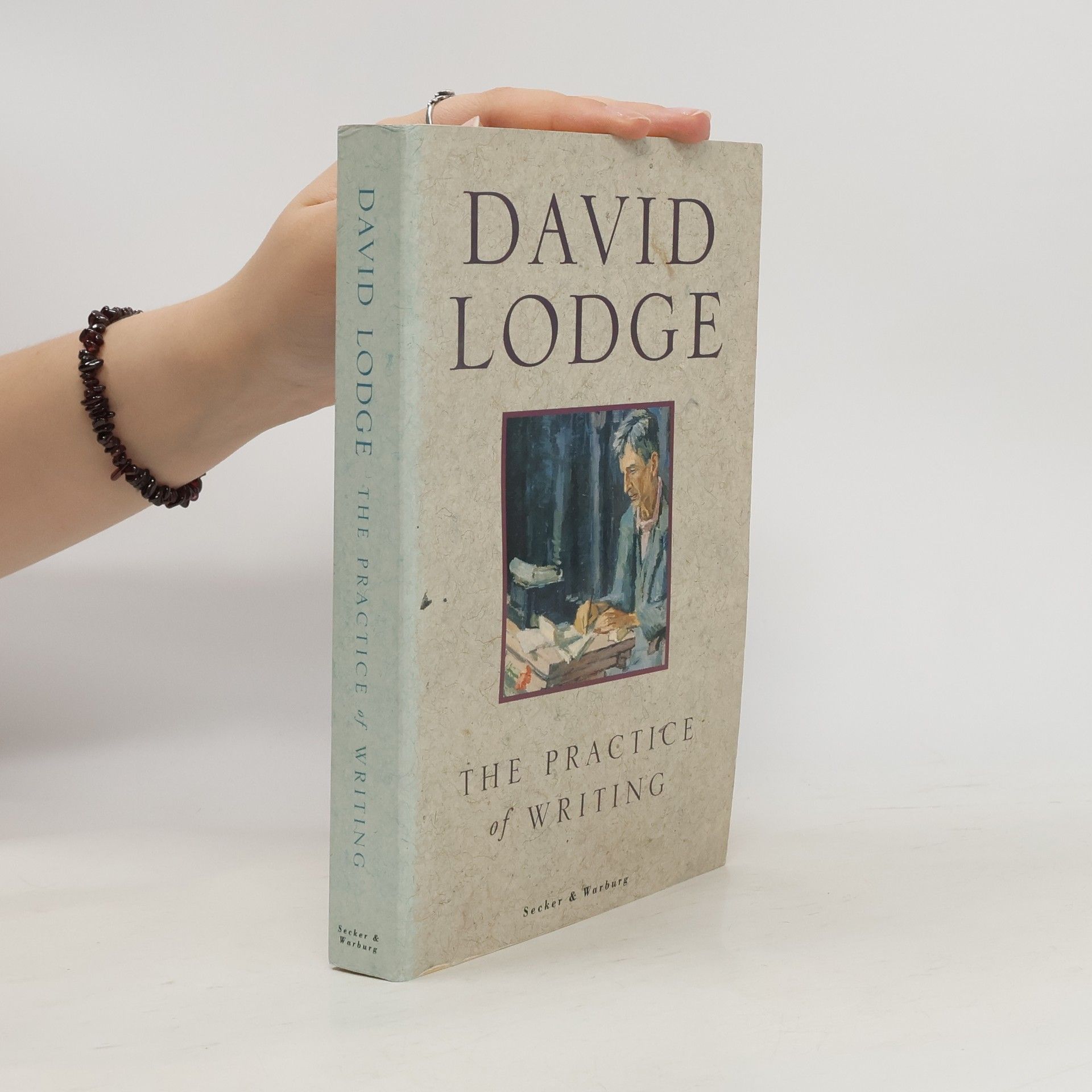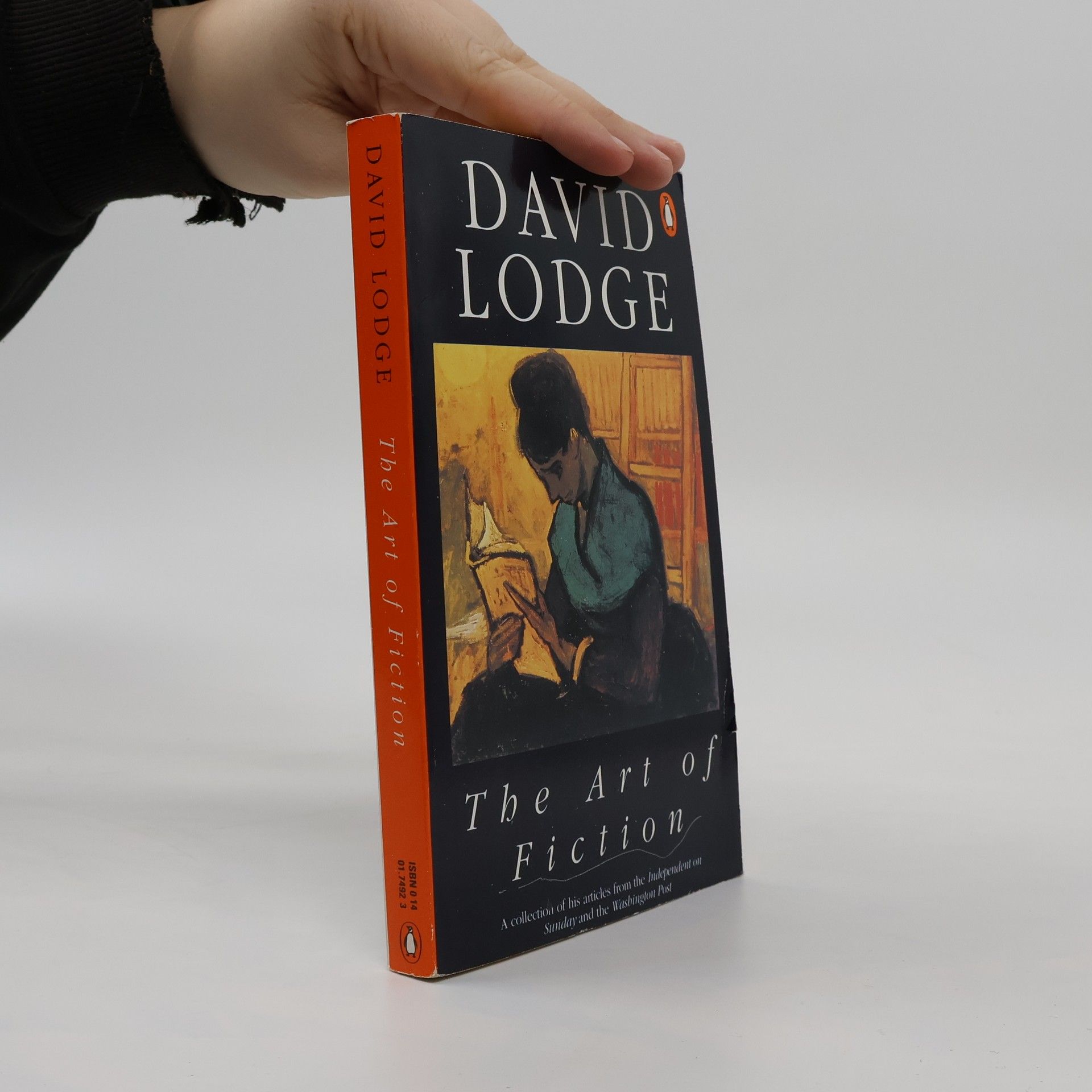Un joven profesor universitario se enamora perdidamente de una bella y misteriosa muchacha a la que conoce en un seminario de literatura y se lanza en su persecucin por medio mundo. Viaja de un congreso acadmico a otro, con continuos cambios de continente, y en su periplo en pos de su amada se va topando con una variopinta fauna de intelectuales de postn y prestigiosos acadmicos, conferenciantes internacionales para los que los aviones se ha acabado convirtiendo en su verdadero hogar.David Lodge retrata el enloquecido mundo de esta errante tribu cultural - en el que reinan las envidias, intrigas, zancadillas, bajos instintos, arrebatos de lujuria y mezquindades varias - con una jocosa irona y crea una comedia repleta de situaciones desternillantes, en la que adems se permite jugar con guios tomados de las novelas romnticas y del ciclo artrico y dar un divertido y malvolo repaso a las teoras literarias hoy da en boga.No creo que haya aparecido ningn otro autor capaz de colocar en sus pginas talcantidad de humor de primera clase desde la gloriosa poca de Wodehouse (Keith Brace, Birmingham Post).Lo ms brillante y divertido que ha escrito jams (Frank Kermode).Uno de los libros ms ingeniosos, ms autnticos, ms condenadamente divertidos que se han publicado en los ltimos cien aos (Umberto Eco).
David Lodge Libros
David Lodge es un célebre autor británico cuyas obras se caracterizan por su humor incisivo y agudas observaciones sobre la vida académica y la sociedad en general. Teje magistralmente sus extensos conocimientos de teoría y crítica literaria en narrativas cautivadoras. Sus novelas, a menudo ambientadas en entornos universitarios, exploran las complejidades de las relaciones humanas, las búsquedas intelectuales y la búsqueda de sentido en el mundo moderno. El estilo distintivo de Lodge, que combina ingenio, ironía y una profunda comprensión de la naturaleza humana, lo convierte en una voz significativa en la literatura británica contemporánea.

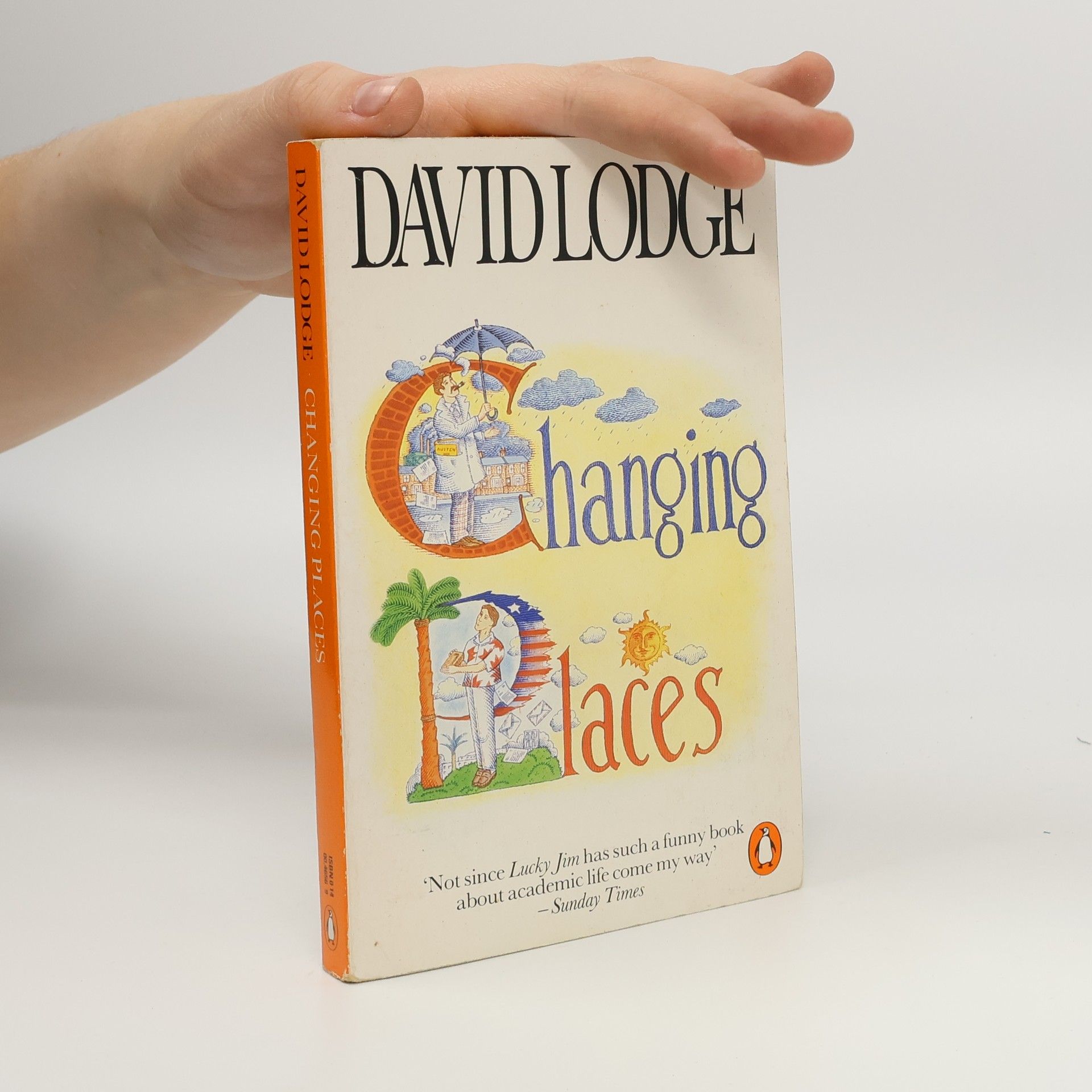
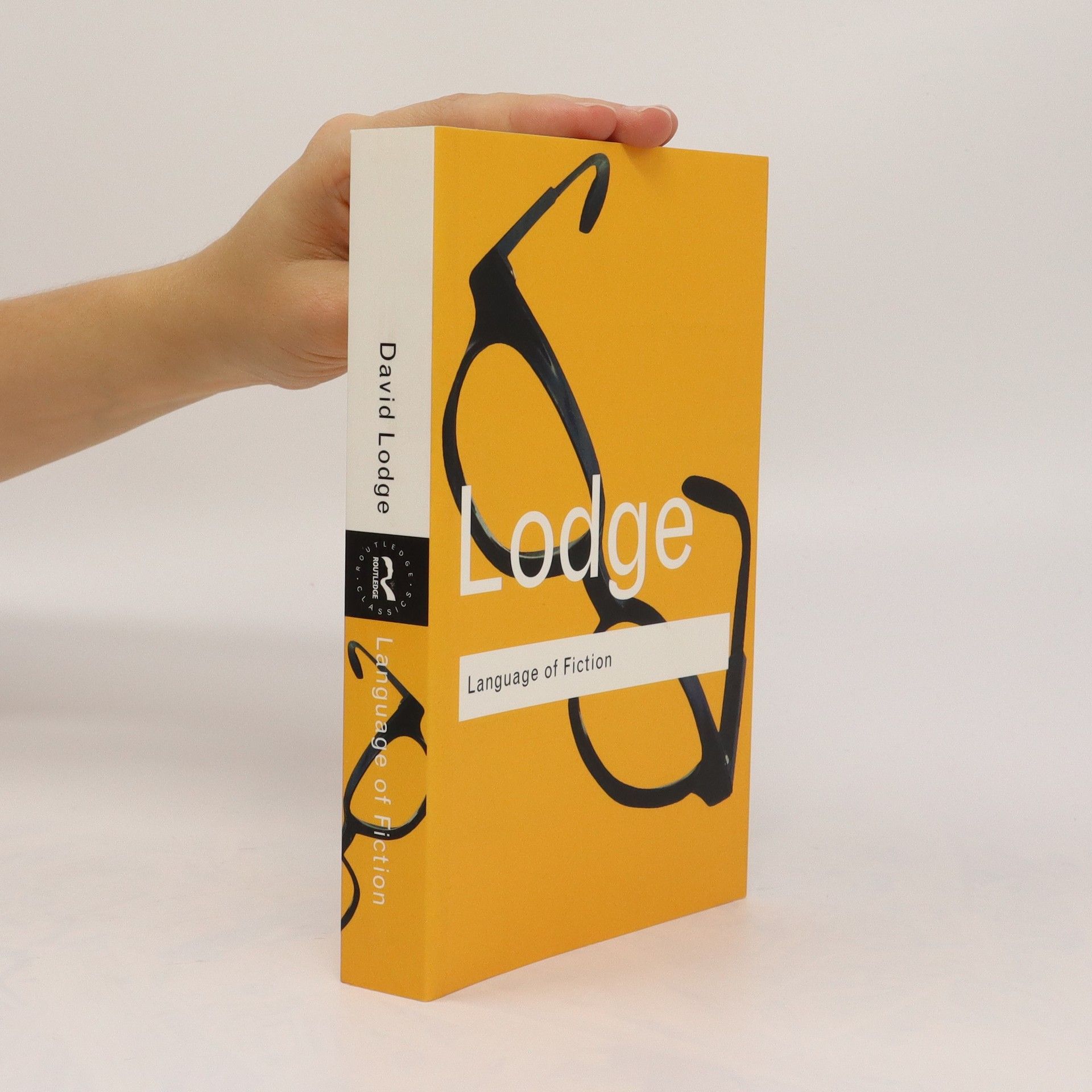

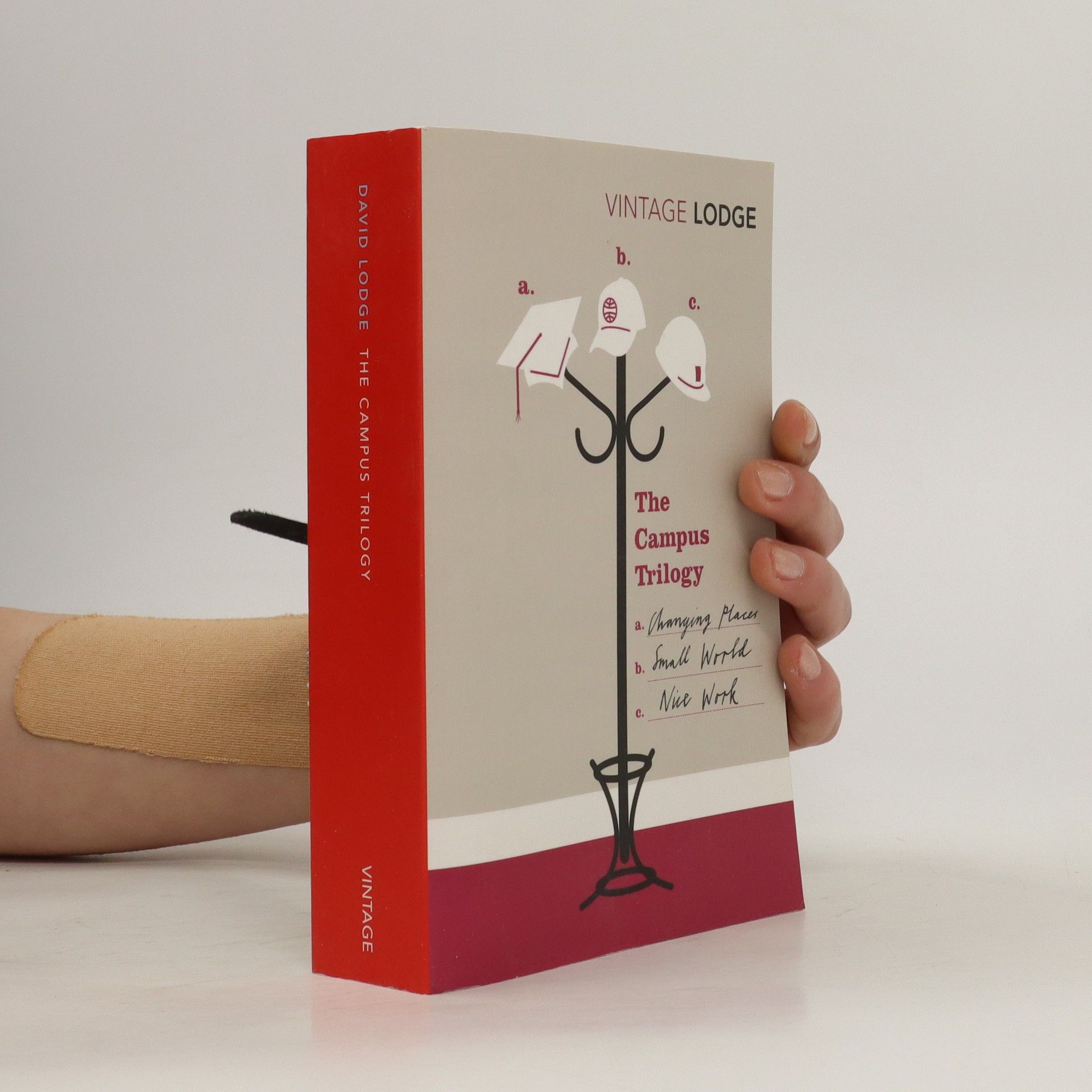
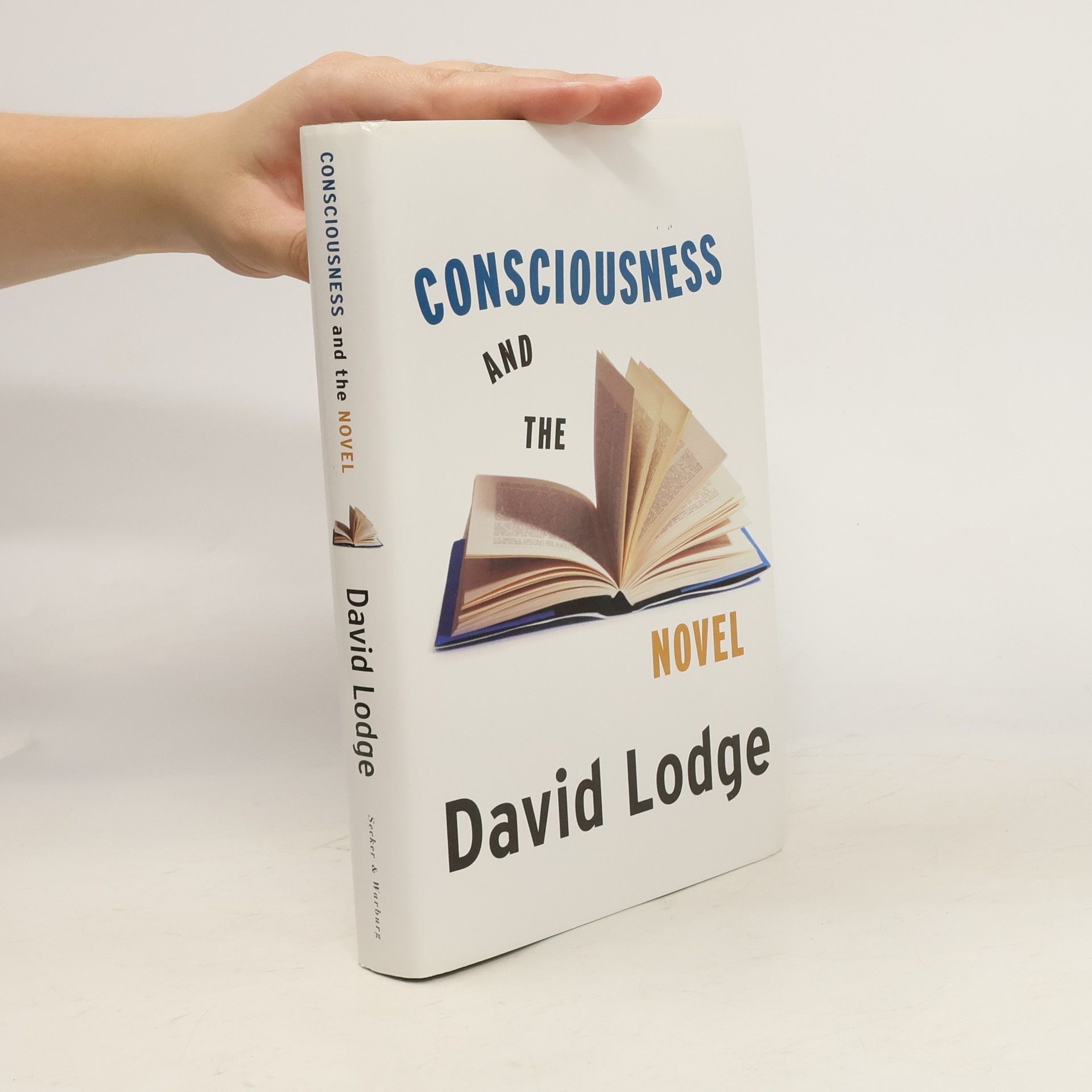

Consciousness and the Novel
- 320 páginas
- 12 horas de lectura
Human consciousness, long the province of literature, has lately come in for a remapping - even rediscovery - by the natural sciences, driven by developments in Artificial Intelligence, neuroscience, and evolutionary biology. But as the richest record we have of human consciousness, literature, David Lodge suggests, may offer a kind of knowledge about this phenomenon that is complementary, not opposed, to scientific knowledge. Writing with characteristic wit and brio, and employing the insight and acumen of a skilled novelist and critic, Lodge here explores the representation of human consciousness in fiction (mainly English and American) in the light of recent investigations in cognitive science, neuroscience, and related disciplines. How, Lodge asks, does the novel represent consciousness? And how has this changed over time? In a series of interconnected essays, he pursues this question down various paths: how does the novel's method compare with that of other creative media such as film? How does the consciousness (and unconscious) of the creative writer do its work? And how can criticism infer the nature of this process through formal analysis? In essays on Charles Dickens, E.M. Forster, Evelyn Waugh, Kingsley and Martin Amis, Henry James, John Updike and Philip Roth, and in reflections on his own practice as a novelist, Lodge brings to light - and to engaging life
The Campus Trilogy
- 912 páginas
- 32 horas de lectura
'One of the very best English comic novelists of the post-war era' - "Time Out." Three brilliantly comic novels revolving around the University of Rummidge and the eventful lives of its role-swapping academics.
The Modes of Modern Writing
- 368 páginas
- 13 horas de lectura
Reprint. Originally published: London: E. Arnold, 1977.
Now including a new introduction from the author, this major work from one of England's finest living writers is essential reading for all those who care about the creation and appreciation of literature.
When Phillip Swallow and Professor Morris Zapp participate in their universities' Anglo-American exchange scheme, the Fates play a hand, and each academic finds himself enmeshed in the life of his counterpart on the opposite side of the Atlantic. Nobody is immune to the exchange.
Set in the academic world, this collection features three humorous novels that explore the complexities of university life. In Changing Places, British lecturer Philip Swallow and American Morris Zapp swap roles, navigating cultural clashes in the late sixties. Small World follows their misadventures at international conferences, introducing a colorful ensemble of characters. Nice Work presents Dr. Robyn Penrose, who finds herself at odds with a local business director, highlighting the tensions between differing ideologies and lifestyles.
In a career spanning six decades, David Lodge has been one of Britain's best-loved and most versatile writers. With Varying Degrees of Success he completes a trilogy of memoirs which describe his life from birth in 1935 to the present day, and together form a remarkable autobiography. His aim is to describe honestly and in some detail the highs and lows of being a professional creative writer in several different genres: prose fiction, literary criticism, plays for live theatre and screenplays for film and television. Few writers have excelled in so many different forms of the written word. Lodge's creativity, and his wonderful sense of humour, have made his work popular in translation in numerous countries, and his extensive travels around the world are recorded here. Each of the three memoirs has its own thematic focus. In this latest one it is on the hope and desire of writers to make a significant and positive impression on their readers and audiences. The elation of success, and the depression that follows disappointment, are familiar emotions to most writers in varying degrees. David Lodge describes these feelings with rare candour. Varying Degrees of Success provides the reader with a privileged insight into the working practices and the creative life of a major British novelist.
The Practice of Writing
- 288 páginas
- 11 horas de lectura
First published in 1996, this is a collection of entertaining and thought-provoking essays on the relationship between creative writing, the teaching of the same and the task of dramatizing literary works for television and the stage.
The Art of Fiction
- 256 páginas
- 9 horas de lectura
The articles with which David Lodge entertained and enlightened readers of the Independent on Sunday and The Washington Post are now revised, expanded and collected together in book form. The art of fiction is considered under a wide range of headings, such as the Intrusive Author, Suspense, the Epistolary Novel, Time-shift, Magical Realism and Symbolism, and each topic is illustrated by a passage or two taken from classic or modern fiction. Drawing on writers as diverse as Henry James and Martin Amis, Jane Austen and Fay Weldon and Henry Fielding and James Joyce, David Lodge makes accessible to the general reader the richness and variety of British and American fiction. Technical terms, such as Interior Monologue, Metafiction, Intertextuality and the Unreliable Narrator, are lucidly explained and their application demonstrated. Bringing to criticism the verve and humour of his own novels, David Lodge has provided essential reading for students of literature, aspirant writers, and anyone who wishes to understand how literature works.
